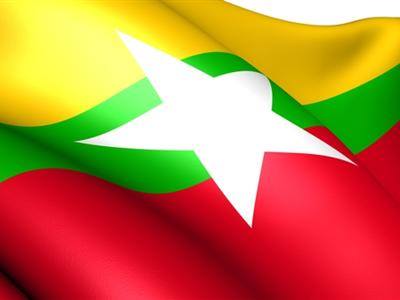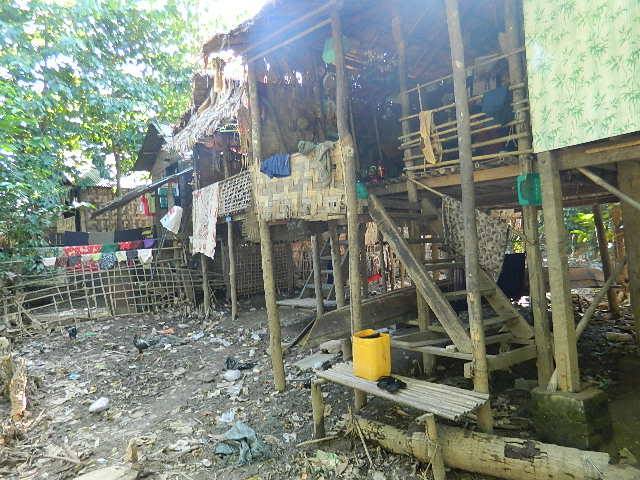Prince Zeid Ra’ad Al-Hussein of Islamic State of Jordan is current United Nations High Commissioner for Human Rights. He criticized a prominent monk on for what he said were sexist and abusive public comments about a U.N. special rapporteur. People are concerned that giving him this position would be like “Do as I say not as we Jordanians do”. Let me remind you, Zeid Al-Hussein, don’t be too over excited to point the finger at Burma but mind your own business in Jordan first. In Jordan, women who marry non-nationals are unable to confer nationality on their child or spouse, rendering their families foreigners in the eyes of the law, and denying them rights and access to key public services. In contrast, men from those countries who marry foreigners face no such obstacles. This really is called sexist, discrimination against women. According to Amnesty International, Amnesty International continues to be concerned about torture and ill-treatment in detention in Jordan, as well as the link between torture, unfair trials, and the death penalty. Amnesty International has particular concerns about the application of the death penalty in Jordan because there is a pattern of death sentences, and sometimes executions, occurring as a result of unfair trials where confessions extracted under torture are used as evidence against the defendants. There has also been a pattern of suppression of freedom of expression and association, especially in the wake of laws restricting freedom of the press and expression that were promulgated in the fall of 2001. I repeat Zeid Al-Hussein “Mind your very own Jordan first”!
 အစၥလန္မစ္ေဂ်ာ္ဒန္ ႏိုင္ငံသား ဇီရက္အယ္ဟူစိန္ ဟာလက္ရွိ ကုလသမဂၢ လူ႔အခြင့္အေရးဆုိင္ရာ အႀကီးအကဲ ၿဖစ္တယ္ ။ သူဟာကိုယ္႔ မ်က္ေခ်း ကိုယ္႔ မျမင္သလို ဗုဒၶဘာသာ တိုင္းျပည္ကို အညိဳးနဲ႕ ေျပာသည္ဟုယူဆရသည္ ။ ေဂ်ာ္ဒန္ ႏိုင္ငံတြင္ အမ်ိဳးသမီးမ်ားကို ဆိုးဝါးစြာ ခြဲျခားဆက္ဆံ ခံေနရျပီး ေဂ်ာ္ဒန္ ႏိုင္ငံကလူ႕အခြင္႕အေရး ဆိုးဝါးစြာ ခ်ိဳးေဖာက္ ေနျခင္းကိုအျပည္ျပည္ဆိုင္ရာ လြတ္ညိမ္းခ်မ္းသာခြင့္ အဖြဲ႕ၾကီးက ေဂ်ာ္ဒန္ ႏိုင္ငံအားျပင္းျပင္းထန္ထန္ ကန္႔ကြက္႐ႈတ္ခ်ထား သည္ကို ၎ အေနျဖင့္ တစံုတရာ အေရးယူျခင္းမရွိေပ ။
အစၥလန္မစ္ေဂ်ာ္ဒန္ ႏိုင္ငံသား ဇီရက္အယ္ဟူစိန္ ဟာလက္ရွိ ကုလသမဂၢ လူ႔အခြင့္အေရးဆုိင္ရာ အႀကီးအကဲ ၿဖစ္တယ္ ။ သူဟာကိုယ္႔ မ်က္ေခ်း ကိုယ္႔ မျမင္သလို ဗုဒၶဘာသာ တိုင္းျပည္ကို အညိဳးနဲ႕ ေျပာသည္ဟုယူဆရသည္ ။ ေဂ်ာ္ဒန္ ႏိုင္ငံတြင္ အမ်ိဳးသမီးမ်ားကို ဆိုးဝါးစြာ ခြဲျခားဆက္ဆံ ခံေနရျပီး ေဂ်ာ္ဒန္ ႏိုင္ငံကလူ႕အခြင္႕အေရး ဆိုးဝါးစြာ ခ်ိဳးေဖာက္ ေနျခင္းကိုအျပည္ျပည္ဆိုင္ရာ လြတ္ညိမ္းခ်မ္းသာခြင့္ အဖြဲ႕ၾကီးက ေဂ်ာ္ဒန္ ႏိုင္ငံအားျပင္းျပင္းထန္ထန္ ကန္႔ကြက္႐ႈတ္ခ်ထား သည္ကို ၎ အေနျဖင့္ တစံုတရာ အေရးယူျခင္းမရွိေပ ။













You must be logged in to post a comment.